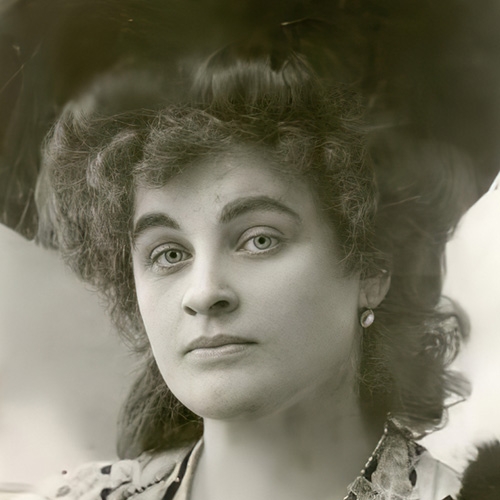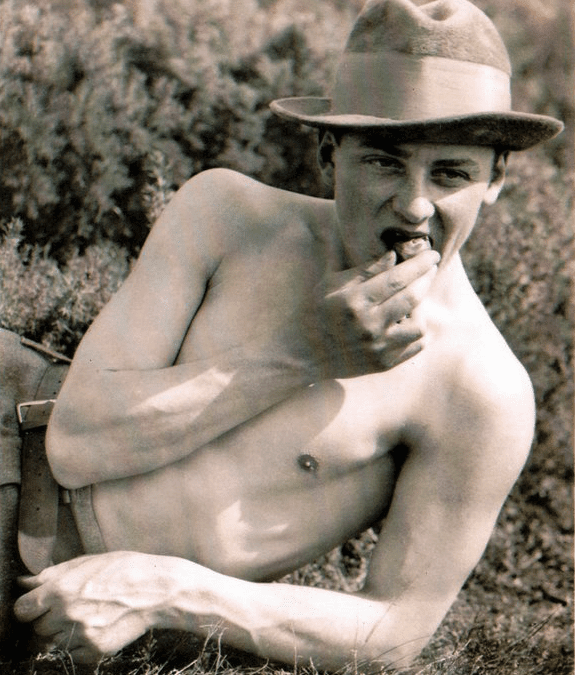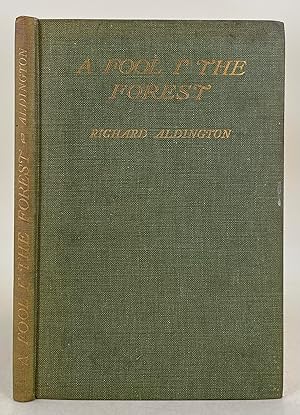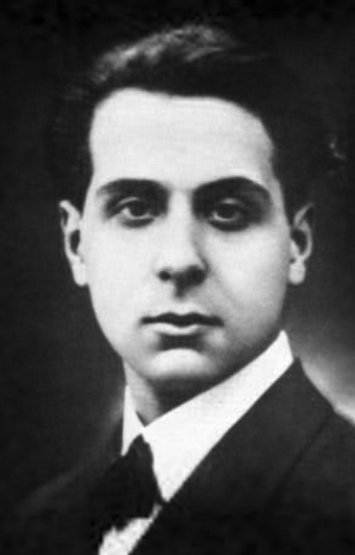Teffi: A Life of Letters and of Laughter
Edythe Haber
£20
(London and New York: I.B. Tauris, 2018 UK, 2019 US), 288 pp.
This review appeared in Literary Review, February 2019.
The following is a pre-edited version.
Teffi (Nadezhda Alexandrovna Buchinskaya, née Lokhvitskaya, 1872-1952) has been introduced to English readers in biennial steps. In 2014 came Subtly Worded, a plangently satiric collection of short stories and essays. In 2016 came the wittily wise reminiscences Rasputin and Other Ironies, and the extraordinary Civil War-era Memories: From Moscow to the Black Sea. Now comes the first biography, in any language, of this remarkable, rediscovered writer: all kudos to Haber (Professor Emerita of the University of Massachusetts) for taking this first step.
Russians will therefore be interested in this book. But they will read it as Haber wrote it: in the light of the seven volumes of Teffi’s Collected Worksthat were published in Moscow between 1997 and 2000. For the rest of us, Haber’s summaries of essays, plays, stories and poems will be our first introduction to the vast majority of her output in a wide range of genres. Who even knew that Teffi was a playwright? Like several of her contemporaries who made their name in prose (James Joyce, D.H. Lawrence), she wrote plays early in her career, valued them highly, and refused to give up on them. Hers even had some success.
It is not simply the case, however, that the greater knowledge of her life provided by this biography will shed light on however many one knows of her works. Haber freely acknowledges that the reverse has perforce been the case. Teffi was on the one hand a great performer (several of the photographs reproduced here demonstrate this, with dramatic make-up, clothes and poses recalling Teffi’s fellow artistic-salon-hostess, Lady Ottoline Morrell). On the other hand, she was extremely private. Her guardedness about her private life was such that her probable second marriage to Dmitry Shcherbakov (a courier for Kolchak during the Civil War, who died in 1919) is evidenced only by a few, quizzical scraps of circumstantial evidence. As a result, Haber has to some extent inferred the life from what seem to be the more autobiographical of Teffi’s fictions. The resultant tentativeness is entirely appropriate to the subject. In the most magical of her story collections, The Witch(1936), it is left wholly unclear as to whether the apparently-metaphysical events described are real or not. And thus, in the blending of Teffi’s art and life, she has made it hard for her biographer to distinguish the difference. Haber accepts this with grace.
Still, there is plenty that is known for sure. The biography starts with Teffi’s great-grandparents, moves to her liberal, crusading-lawyer father and wealthy mother, then takes us through her upper-class-Brontë childhood with three literary sisters, her miserable first marriage, her abandonment of that marriage and two (or three?) children to become a writer in St Petersburg, her move to the political left in 1905, her anti-anti-Semitism, her rise to fame through her satirical stories (more than through her sub-imagist poetry), her volunteering as a front-line nurse and journalist in World War I, her support for the 1917 February Revolution, her criticism of the Provisional Government, her criticism of the Bolshevik government, her flight to Kiev, Odessa, Constantinople and Paris, and her stressfully-fluctuating health, wealth and love-life amongst Russian expatriates in Paris until she died in 1952.
Rather more space is given to the Paris years; by page 100 out of 223, we are already in 1920. The most exciting part of her life – the flight from Bolshevising Russia – is treated fairly quickly, presumably since Teffi herself covered it so well in her Memories. She started writing this in the late nineteen-twenties, by which point the émigrés had come to realise that they might never return, and that if they did not preserve ‘their’ Russia in writing, it would be lost altogether.
We gain a strong sense of the fluctuating position of the Russian refugees. First they were welcome in Paris because they replaced the War-depleted population, particularly in manual labour. Then in the 1930s, economic stresses led to rising nationalism and xenophobia, whilst the growing numbers of Communist-sympathisers had little interest in the ‘Whites’ living amongst them (despite the fact that only a small minority of them were monarchists). A number of scandals involving individual Russians in France made life more difficult for the rest (in 1932 a Cossack killed French President Paul Doumer). Under the German Occupation ‘approximately 800 Russian cultural, educational, and charitable bodies’ were closed down and replaced by a single, German-approved one (the earliest émigré journal had been called Russia of the Future, but, symbolically, had had only two editions; its replacement had more circumspectly been titled The Latest News). After the War, the left-wing government was not favourable to the émigrés, yet Teffi found herself writing both for the new French-based pro-Soviet journal, Russkie novosti, and for the new anti-Soviet, Ford Foundation-sponsored Chekhov Press. One is reminded of the ambiguous position of Russians in the UK today: to some extent victims of a generic xenophobia, to some extent victims specifically of a Russophobia which associates all Russians with the Russian government, they are nonetheless welcomed with visas and asylum status, if wealthy and explicitly in opposition to the Russian government. Overarching the political cross-currents of her own time, Teffi also felt that the French were fundamentally puzzled by the ‘âme slave’: ‘our messiness, our senseless kindness, the absurdity of our entire life. They look and can’t understand a thing.’
Certainly, the Russians seem to have kept their ‘âme’ to themselves. Almost every name in this book is Russian, which reflects Teffi’s friendship circle. Although all of these Russians would have been Francophone, none that is mentioned wrote in French. The short-lived ‘Studio Franco-Russe’ (1929-31) was the only major Russian attempt to collaborate with French writers. As a result, since the French seem to have shown no interest in translating the Russian émigrés, and since they could not be published in the Soviet Union, they were read only by Russian expats – with the notable exception of Ivan Bunin, who won the Nobel Prize for Literature in 1933 – until the Khrushchevite Thaw permitted a revival of interest in Teffi in the Soviet Union. Today, we are not yet back to naming sweets or perfumes after her – as was done at the height of her pre-WWI fame in St Petersburg – but we are closer to seeing what Lenin and Nicholas II (no fools when it came to literature) saw in her.
This biography is fair, sure-footed and focused squarely on its subject rather than its author – it offers, but does not impose, its interpretations, of which the key theme is summarised by Teffi’s phrase: ‘Life inside a joke is more tragic than funny’. The concentration is on events and works, rather than general topics: I would have welcomed a section on languages (how good was Teffi’s French? Or her English?), and on her Christianity (the cross, which Teffi took with her throughout her travels, as we learn from Memories, gets just one glancing reference at the end). However, the volume ends movingly with an account of her final poems, which expressed acceptance and hope. Of these the last, ‘Poslednee’ (‘Last’) ends:
My four roses
I will give back to the earth […]
In the evening heavens are the violets and mimosa,
The sacred color of my shroud.
Come on, Robert Chandler, Anne Marie Jackson, and the rest of the Teffi translation team. We now need the rest.




